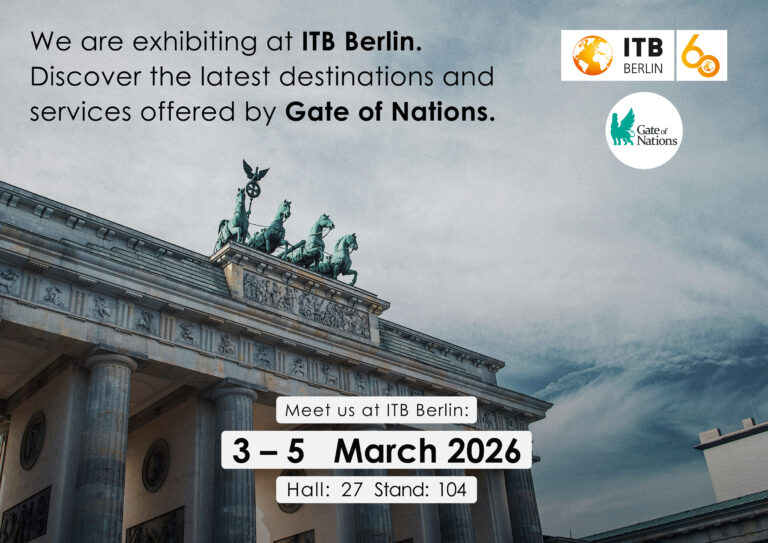Hamburg is a major port city located in northern Germany. It is the second-largest city in Germany, after Berlin, and is known for its rich history, vibrant culture, and economic significance. Here are some key aspects about Hamburg city:
- Geography: Hamburg is situated in the northern part of Germany, along the Elbe River. It has a strategic location as it serves as a major** European port on the North Sea and the Baltic Sea**.
- Economy: Hamburg is a major economic hub and is known for its strong maritime and logistics industries. It is home to one of the largest and busiest ports in Europe, the Port of Hamburg. The city also has a diverse economy with sectors like finance, media, technology, and tourism playing significant roles.
- Culture: Hamburg has a vibrant cultural scene with numerous theaters, museums, galleries, and music venues. The city is renowned for its opera, theaters, and musicals. The Reeperbahn, a famous entertainment district, is known for its** nightlife** and music scene.
- Landmarks: Some notable landmarks in Hamburg city include the Elbphilharmonie concert hall, Miniatur Wunderland (the world’s largest model railway), St. Michael’s Church (Michel), and the historic warehouse district,** Speicherstadt**.
- Green Spaces: The city is known for its parks and green spaces, including Planten un Blomen, a beautiful botanical garden and park, as well as Alster Lake, where you can enjoy activities such as boating and picnicking.
- Cuisine: Hamburg city has a rich culinary tradition. It is famous for dishes like Labskaus (a regional specialty made from corned beef, potatoes, and beets), Fischbrötchen (fish sandwiches), and fresh seafood from the North Sea.
- Transportation: The city has a well-developed public transportation system, including buses, trams, and the S-Bahn (suburban railway). Hamburg also has an international airport, Hamburg Airport, making it easily accessible from other parts of Germany and Europe.
- Education: Hamburg is home to several universities and research institutions, including the University of Hamburg and the Hamburg University of Technology (TUHH).
- History: Hamburg has a rich history that dates back over a thousand years. It has been a key trading city and a member of the Hanseatic League. The city has experienced periods of prosperity and devastation, including significant damage during World War II.
- Events**: Hamburg city hosts various events and festivals throughout the year, including the Hamburg Port Anniversary **(Hafengeburtstag), which celebrates the city’s maritime heritage, and the Hamburg Dom, a large funfair.
Hamburg is a dynamic and diverse city with a lot to offer residents and visitors alike, whether you’re interested in its maritime history, cultural attractions, or economic opportunities.
Hamburg is connected to the city of Kiel and the Baltic Sea, as well as the neighboring countries, via the North-Eastern Sea Canal and the state of Schleswig-Holstein.
With Gate of Nations, you can get to know the tourism and business opportunities of Hamburg.




